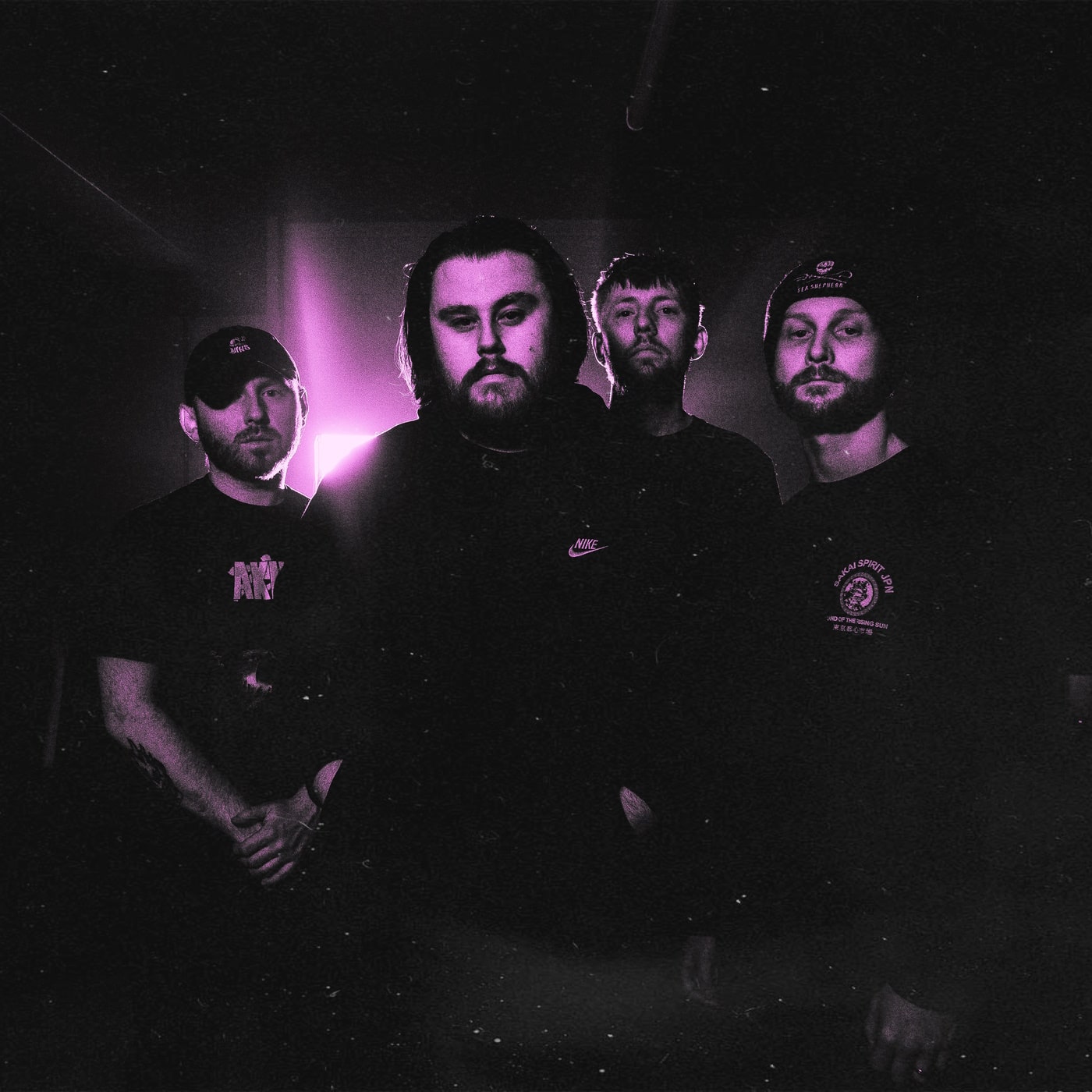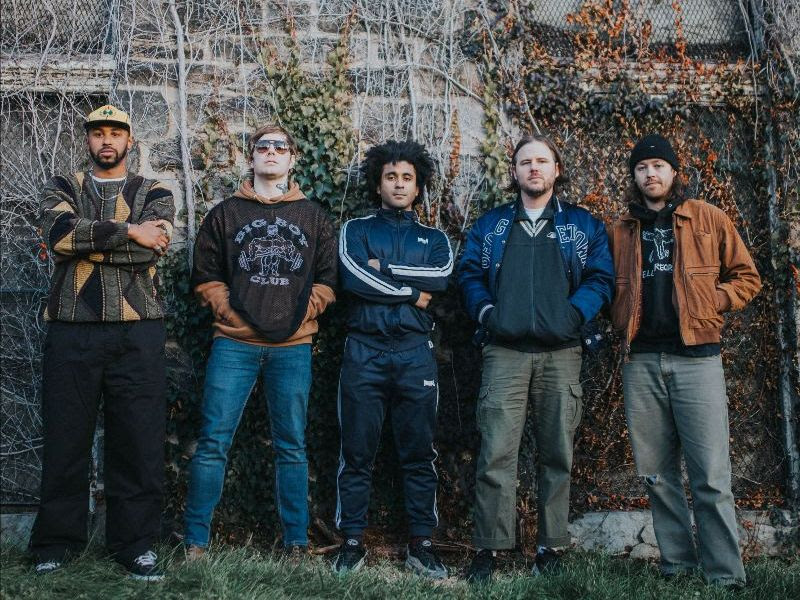Blending traditional Irish protest and folk music with punk elements in a similar style to Chuck Ragan’s solo work, Andrea Rock is also a member of the punk band Andead, which recently released a single featuring the guitarist from Sum41. Recently, in addition to being a DJ on Virgin Radio Italy, he has released an album as a singer-songwriter, showcasing his knack for telling compelling stories through his music.
Today, we’re having Andrea Rock and the Rebel Poets with an insight on their folk punk music and specifically on this new album lyrics.
The record is a tribute to Irish history and culture, with each song telling a story of different figures and events including the Troubles in Northern Ireland, the Easter Uprising of 1916, the violence and abuse in Catholic institutions, the Price sisters’ involvement with the Provisional IRA, the legacy of Cranberries’ lead singer Dolores O’Riordan, and Tony Doherty’s personal experience of the violence in Northern Ireland.
Words by Andrea Rock
“Belfast Boy”
The song tells the incredible story of Michael Phillips, a boy who grew up in the days of the Troubles in the North of Ireland and ended up in prison at the age of 21 on terrorism charges. Michael has been living in Bologna for years and thanks to podcaster Samuele Sciarillo (“Troubles – an Irish story”) I got to meet him and hear from his living voice the story of his life between the fires of the IRA and the English prison. It is Michael himself who recounts the moment of his arrest within the piece.
“Padraig”
The song is structured around the poem “The Rebel” by Padraig Henry Pearse, a theorist of the revival of Gaelic identity, founder of the Irish Volunteers and a leading figure in the Easter Uprising of 1916.
“A Servant Of The Queen”
Maud Gonne MacBride lived a busy life: actress, muse of Nobel laureate in literature William Butler Yeats, revolutionary, feminist, Irishwoman. Although her figure is one of the most important linked to Irish nationalism, some shadows define her persona: Maud Gonne is accused of anti-Semitism because of her relationship with the poet Ezra Pound. For this reason, within the song I quote James Connolly, a figure equally revolutionary but closer to my moral values.
“Nothing To Say”
The violence perpetrated by the Christian Brothers at St. Joseph’s Correctional Institution in Letterfrack, County Galway, experienced firsthand by writer and politician Mannix Flynn. Still a burning issue in Catholic Ireland where these incidents are hushed up.
“The Price To Pay”
Dolours and Marian Price were sisters. They shared every moment of their lives: from the attack they suffered at Burntollet Bridge in 1969, to joining the Provisional IRA, to hunger strikes in British prisons. Boston College interviews with Dolours and her partner, Brendan Hughes, revealed the terrible secret that hovered over Jean McConville’s disappearance: the “price to pay” for those who provided information to British intelligence was the highest of all.
“Dolores”
I loved Dolores O’Riordan, as the lead singer of the Cranberries but also as a symbol of an entire generation. Having met her several times during my radio career is the only gratification that has allowed me to accept her untimely death. Her artistic legacy is immense, as evidenced by the presence in the song of Cristina Paradisi, voice of the international tribute band The Lizberries.
“This Man’s Wee Boy”
Tony Doherty was only nine years old on January 30, 1972, when his father Patrick was killed by British paratroopers during what will be remembered in the history books as “bloody Sunday.” With the same delicacy that pervades his memoir, published 50 years after that tragic event, he recounts his childhood stolen by the violence of sectarianism.










